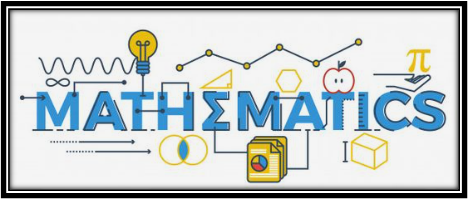Mathematics

The aim of our Maths curriculum is to make all children fluent in solving mathematical calculations using the four operations (addition, subtraction, multiplication and division) and to equip them with the tools to solve a variety of problems and reason mathematically. We aim to foster a deep understanding of mathematical concepts, develop mathematical fluency, and nurture a love for problem-solving. We adopt a mastery approach to teaching mathematics, believing that all pupils can be successful mathematicians.
